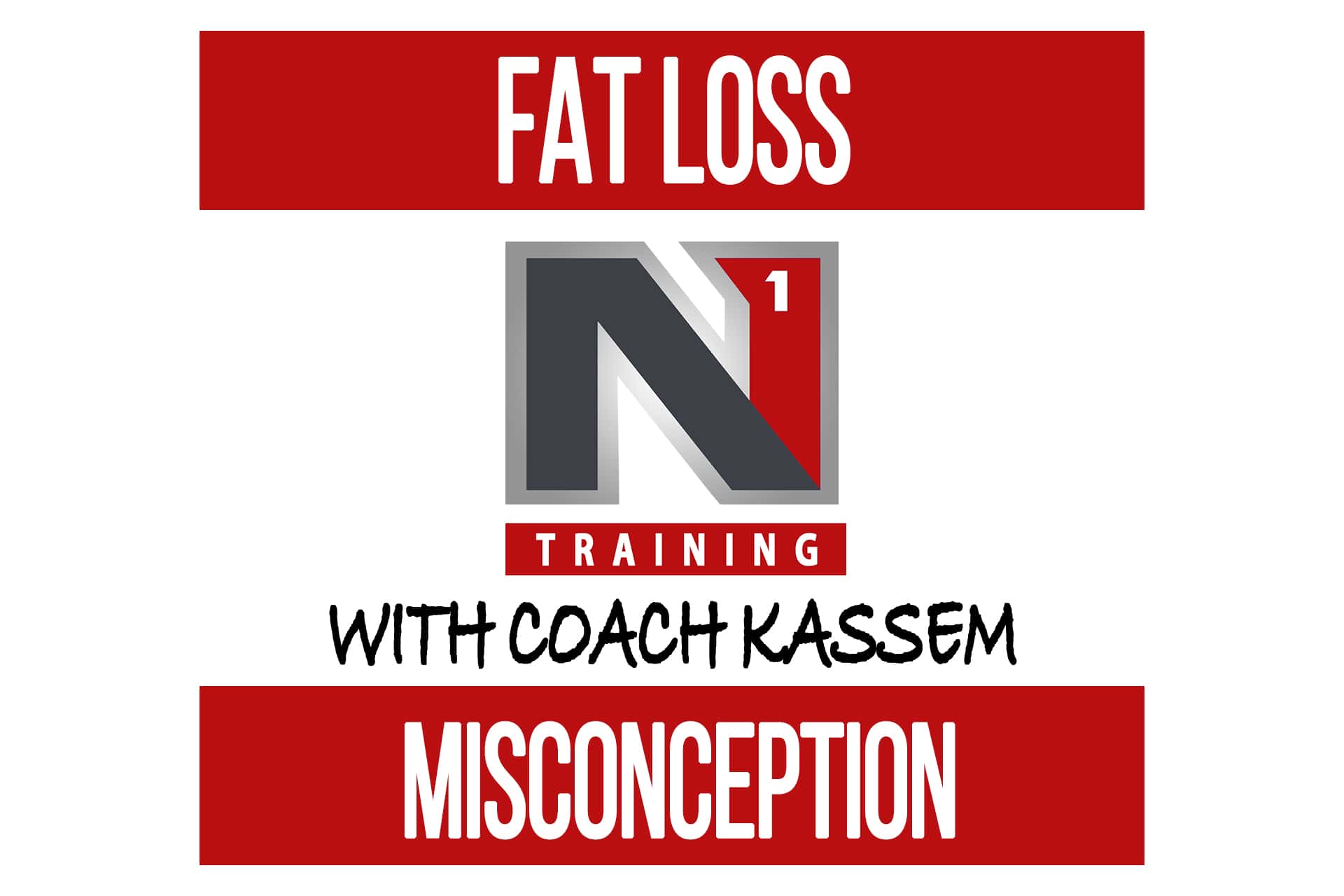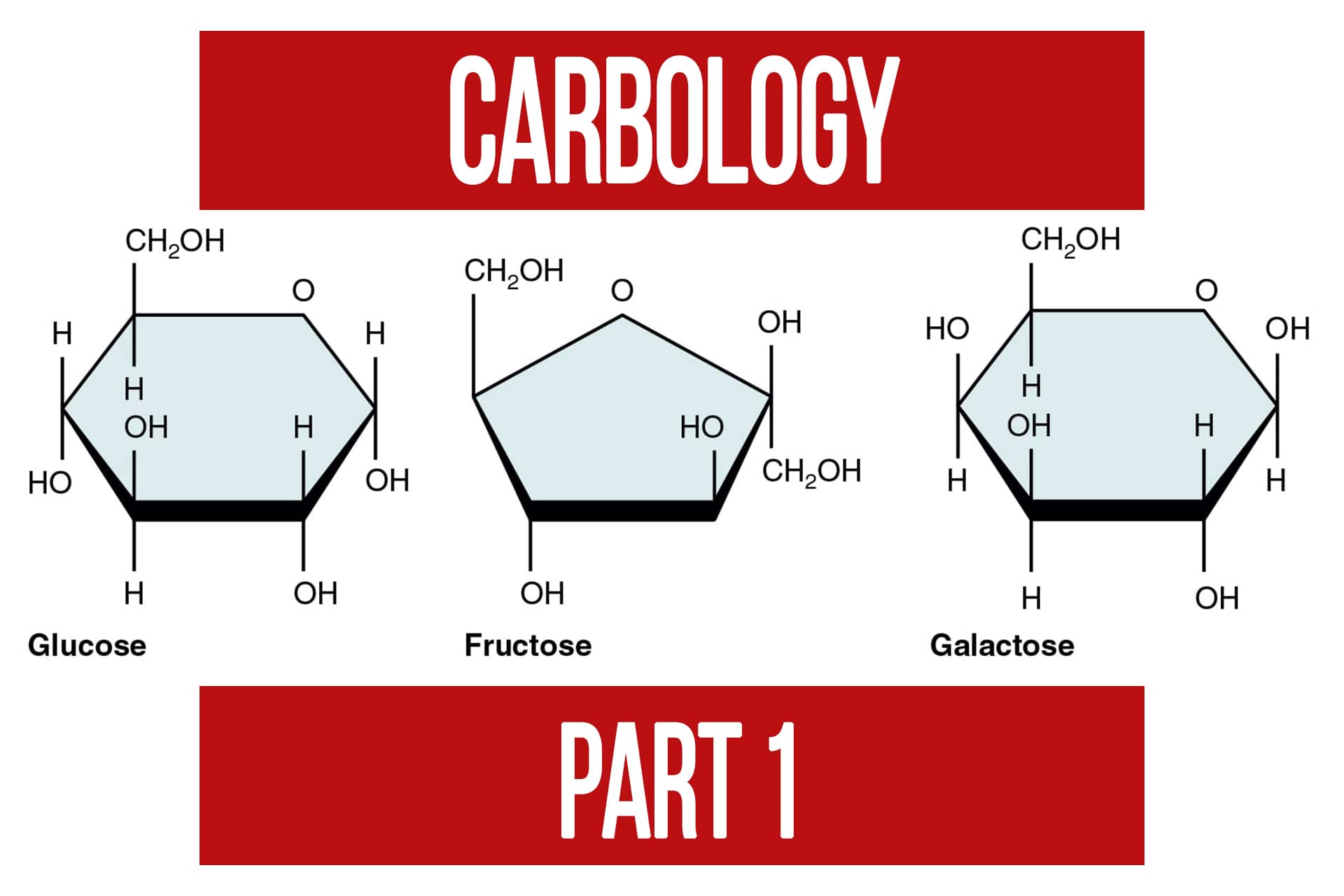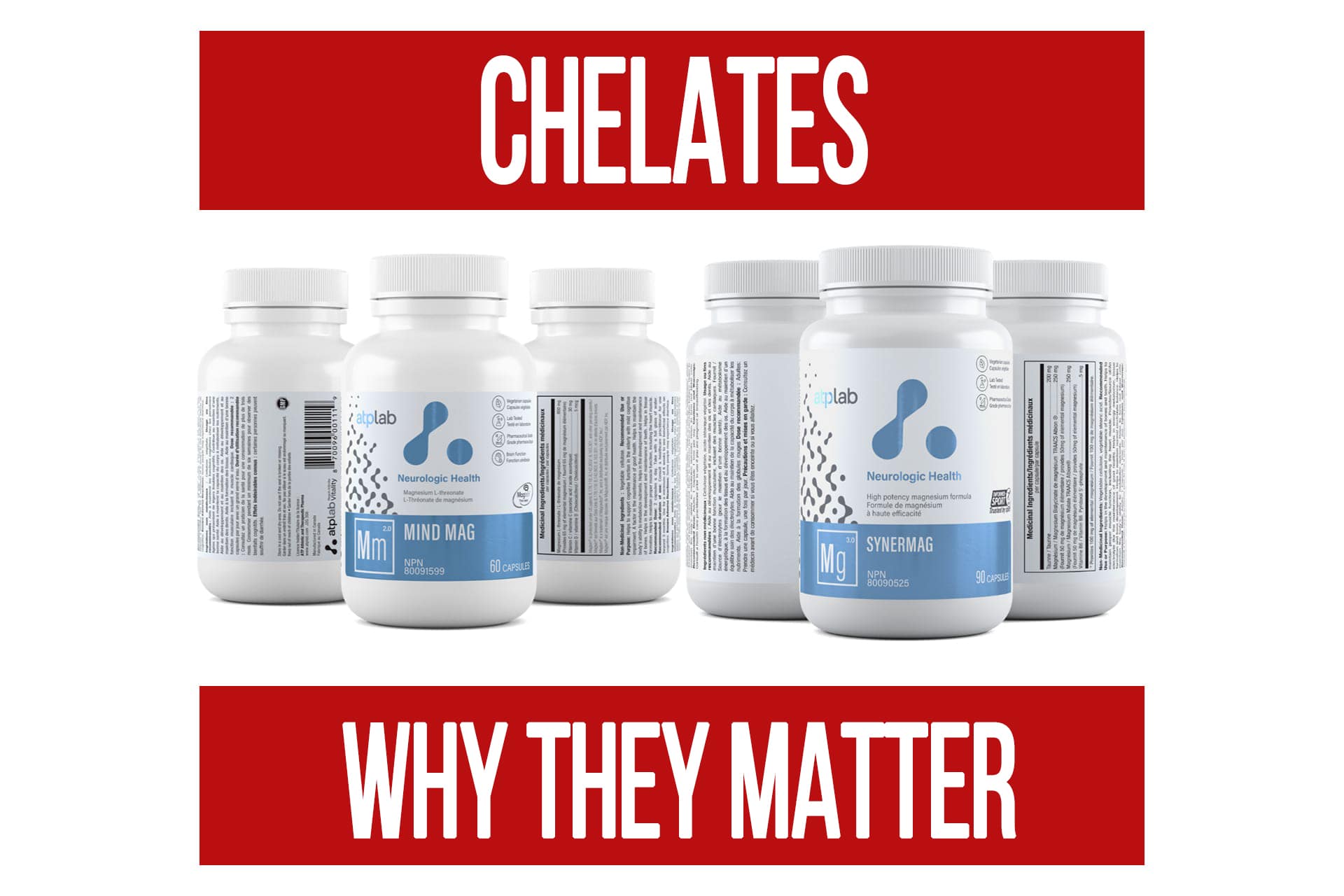Toxins & Detoxification 101
n1 training
Toxicity
Toxicity is one of the easier factors to control for transformation. Exposure to toxins comes from what you eat, drink, put on your skin, or inhale. Three of those four are easy to manage. The last and most un-suspecting source of toxicity is your own gut which we will get to later.
In terms of body composition, research suggests toxicity from petrol chemicals is one of the leading causes of obesity. To you as a whole person these microscopic toxins seem inert and un-effecting to your daily life. To your cells however, they are very dangerous, especially over time and with accumulation.
In terms of body composition the biggest thing to know is that the more toxins you have built up in your body, the slower your metabolism will run and the more dysregulated your hormones will become. If you are not detoxifying chemicals like xylene and benzene that you are exposed to everyday just from breathing the air outside or drinking water, then you are at risk of lowering the effectiveness of your thyroid. It only takes a 1% decrease in thyroid function to lower your metabolism ~3%. For the average person that burns 2000 calories a day, that’s equal to 6lbs of fat you could gain a year for every 1% your thyroid is affected. Toxins also increase inflammation and the more inflamed you are, the more fat and less muscle you will accumulate.
To protect your organs and nervous system from toxins, your body will store excess toxins in fat tissue, where they are less harmful. This means during a fat loss program, you will actually have not only the burden of the toxins you come into contact with every day, but the toxins you have been storing as well.
What Are Toxins?
Toxins can be defined as any compound that negatively impacts metabolic and endocrine pathways. This can be as simple as the acid and metabolic byproducts of metabolism you make all day long. However, most of our toxic burden now comes from the outside world. There have been literally hundreds of new toxins put into our environment in the last 40 years. It has become impossible to escape high toxic exposure in the environment no matter how pristine the area you live. Toxic exposure is unavoidable. Petrochemicals are in the air and water, pesticides in food and water, flame retardants in furniture, heavy metals in food and supplements.
I’m not trying to make anyone paranoid but you can’t avoid this stuff, it’s everywhere. You can’t live in a bubble. The best thing you can do is get the nutrients you need to detoxify these toxins out of your body, and limit the exposures you can control. You can control some of what you put on your body, what you put in your body, and drastically decrease a lot of toxic exposure by switching to cleaner body products, household cleaners and most importantly food. Your body is also equipped with the machinery to get a lot of these toxins out of your body very fast provided it has the necessary micronutrients. So you are also in control of how well you detoxify your body every day.
Certain toxins seem to affect certain tissues or systems more than others, but one thing they all have in common is that they negatively affect body composition. Any toxic burden will slow metabolism and therefore energy production. Pesticides and herbicides are linked to problems with the nervous system, decreasing your strength and muscular control. Xenoestrogens and estrogen-like toxins increase inflammation and decrease testosterone leading to poor insulin sensitivity and muscle loss. Heavy metals disrupt your body’s function on a cellular level and can cause a multitude of metabolic and hormonal disorders.
The nice thing about the relationship between toxicity, stress, and malnutrition is that because they all affect each other, improving in one area can often decrease the burden in the others. For instance improving your diet will help you manage stress and detoxify better. Reducing toxic exposures decreases stress on the body and will leave more energy and nutrients to deal with training and changing your body composition. The less toxicity and stress you have, and the healthier your diet, the more you are in charge of your hormones. The more you are in charge of your hormones, the more control you have over the way you look and feel.
How to Decrease Toxic Exposure
Know the most common man made toxins we expose ourselves to unknowingly:
Phthalates are chemicals that are added to plastics to impart resilience and flexibility. Smaller phthalates are used to prolong the length of time that a scented product maintains its fragrance. Linked to: endocrine, reproductive, and developmental problems. In terms of fat loss, phthalates cause symptoms of low testosterone and estrogen dominance leading to muscle loss and fat accumulation around the extremities and the abdominals. Phthalates also slow your metabolism by decreasing thyroid function.
Sources of Phthalates:
- Scented perfumes, lotions, body soaps, shampoos, and conditioners
- Cosmetics
- Tanning lotions
- Hair gel and hair spray
- Nail polish
- Detergents
- Scented candles
- Deodorant
- Plastic/rubber children’s toys
- Air fresheners
- Vinyl furniture
- Plastic food packaging, plastic bags, and plastic clothing
Parabens, like phthalates, are often classified as xenoestrogens: foreign compounds in the body functioning as endocrine disruptors by binding specifically to estrogen receptors. Parabens are most commonly used as moisturizers and preservatives in personal products.
Sources of Parabens:
- Lotions, moisturizers, shampoos, and conditioners
- Personal lubricants
- Mouthwash
- Cosmetics
- Toothpaste
- Tanning lotions
- Shaving gel
- Processed foods
Polybrominated diphenyl ethers (PBDEs):
- Carpets with fire retardants
- Hair dryers
- Clothes and pajamas
- Pet bedding
- Furniture
- Coffee makers
- Blenders
- Microwaves
- Toasters
Bisphenol A (BPA) is used in epoxy resins that line some metal cans, and to make polycarbonate plastics utilized in a variety of food containers and baby products. Linked to: endocrine problems. BPA is also linked to metabolic issues by blocking thyroid function and fat gain symptoms similar to estrogen dysfunction (fat in the butt and thighs) by binding at the estrogen site. While initial research on endocrine disruption is mostly on BPA, new research suggests avoiding plastic contact with your foods especially if heated or acidic is the best.
Sources of BPA and other plasticizers:
- Food and drink containers
- Plastic bottles
- Canned foods
- Soda cans
Incorporating Detox Days
Loading on greens, antioxidants, P1P2 cofactors, amino acids, fiber.
Summary: How Toxins Ruin Your Body Composition
Toxic exposure leads to the depletion of nutrients needed for detoxification.
Toxin accumulation leads to slowed metabolism and inflammation. Inflammation leads to decreased testosterone and increased cortisol.
Toxic accumulation makes you more susceptible to stress and harder for your body to correct its biochemistry after a stress.
Signs I need to improve my ability to handle stress and/or amount of stress
- Do you feel the need to avoid high sugar meals because I will crash after?
- Do you avoid certain foods because they give me digestive issues?
- Do you get very tired or anxious if you miss a meal?
- Do you feel tired even after 8-10 hours of sleep?
- Do you do lots of aerobic/cardio training that wears on your adrenals?
- Do you get anxiety, or wired during the day without caffeine?
- Do you have trouble with motivation to do a task or workout?
- Are you dependent on caffeine or pre-workouts?
- Do you have trouble calming down after a workout?
- Do you get sick often after a high stress period?
Signs you’re exposing yourself to too many toxins.
- Do you eat a lot of non-organic produce?
- Do you eat canned foods that have BPA?
- Do you use cosmetics, soaps, or moisturizers that contain phthalates, parabens, or petrochemicals?
- Are you exposed to fumes from paints, finishes, construction adhesives, fragrances, or exhaust?
- Do you low quality drink tap water or water from plastic bottles?
- Do you eat or drink foods or supplements with dyes or preservatives in them?
- Do you clean your house, clothes, and body with inorganic chemical-based products?
- Do you have mercury amalgam fillings in your teeth?
- Do you cook on teflon or similar non-stick surfaces?
- Do you wear lipstick, perfumes, or scented deodorants/ body sprays?
- Do you heat plastic food containers in the microwave or dishwasher?
- Do you take low quality supplements that can have solvents and heavy metals in them?
- Do you have chronic fatigue?
- Do you get frequent allergies or headaches?
- Do you have trouble with frequent inflammation?
- Do you have increased joint or tissue pain that is slow to resolve?
- Do you get sick often?
How to Improve your response to stress
- Perception
- Adaptogens
- Anxiolytics
- Neurotransmitters
Improving everyday cellular alkalinity and detoxification.
- Electrolytes
- Greens
- Fiber
Have a Question for Us?
Please Log In to Submit Your Question
Carbology Part 1 Introduction to Carbohydrates
articleBody Composition FREE Health and Longevity Nutrition
Popular Pages
Learn & Train With Us
Add N1 Training to your Homescreen!

Please log in to access the menu.





